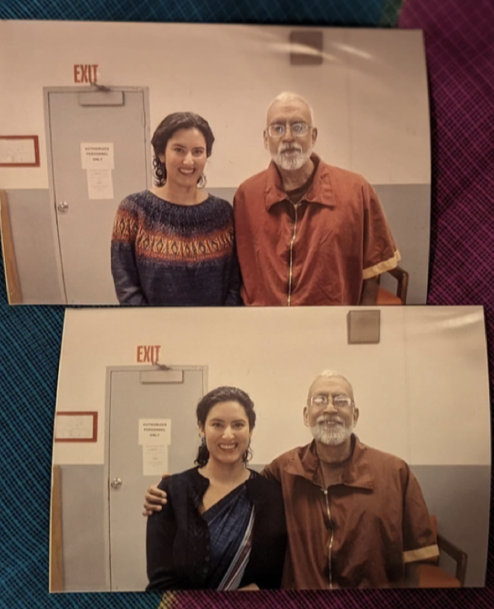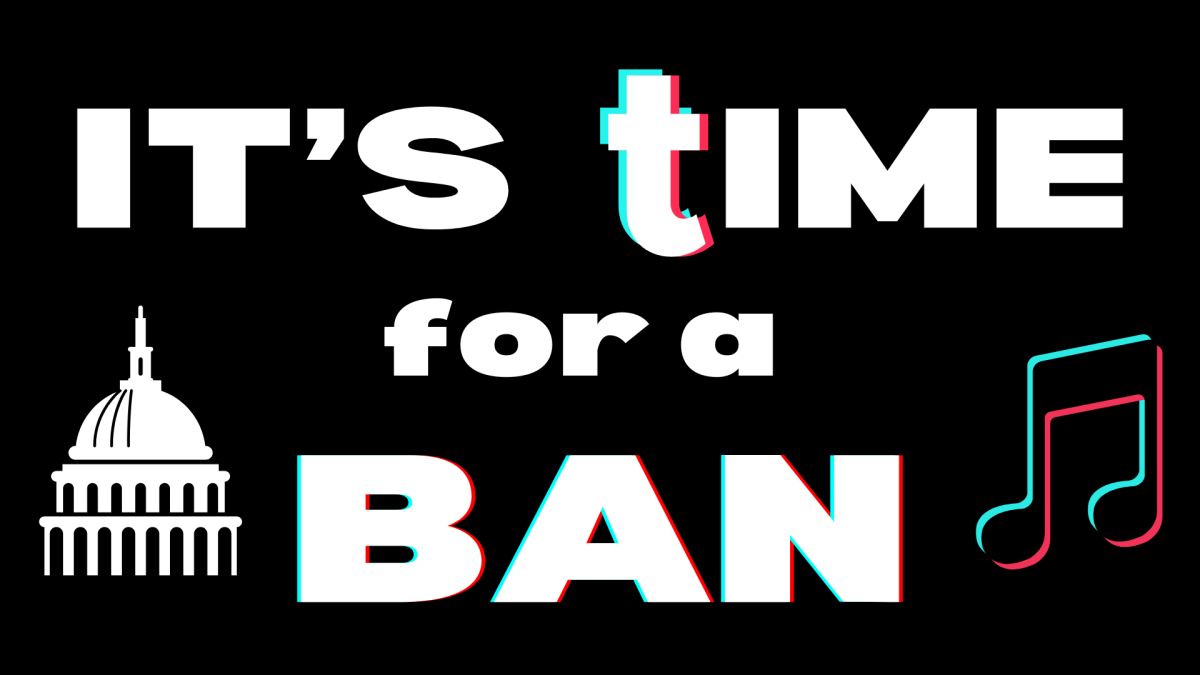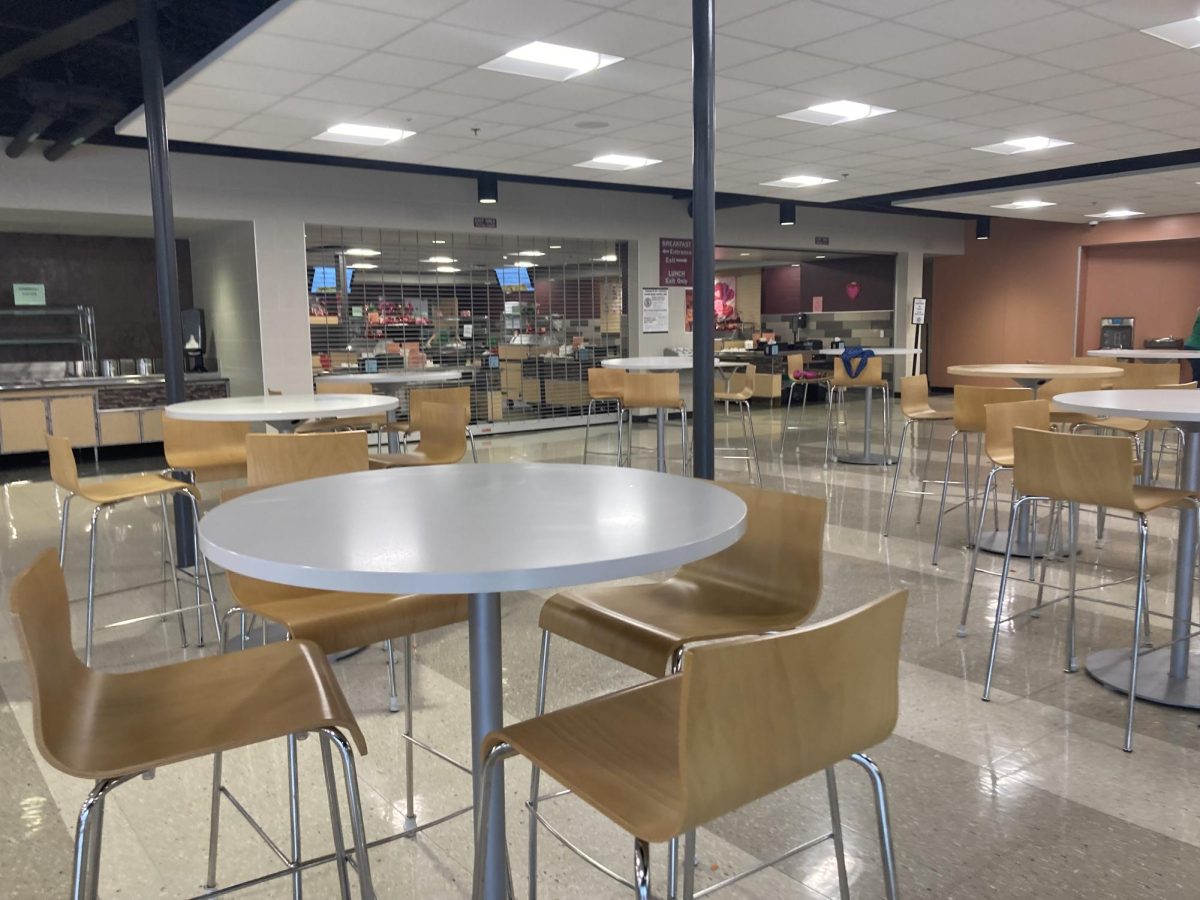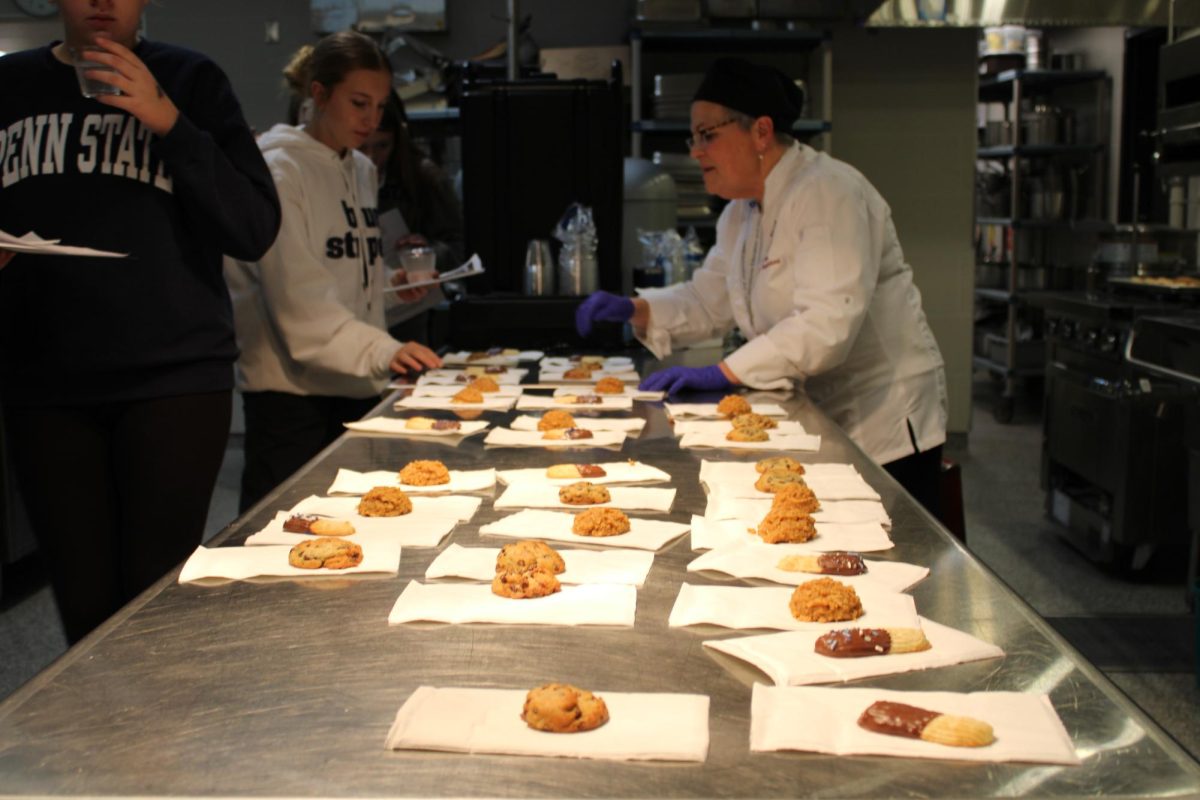Who is Subu Vedam
Subramanyam (Subu) Vedam was just nine months old when he came to the United States from India. His family was one of the first Indian families residing in State College, Pennsylvania. Subu grew up with his mother, father, and sister and attended elementary, middle school, and high school here. His father was a physics professor at Penn State and Subu’s mother was one of the first founding members of the local Schlow library.
Dr. Saraswathi Vedam, Subu’s sister and Professor of Midwifery stated, “My parents, as the eldest Indian family for a long time in State College, hosted dinners and community events and celebrations. My mother taught cooking classes. She was very social. Initially, there were only about ten Indian families in the whole town so we had all friends of all backgrounds.”
The Vedam family was centered around a deep respect for Indian culture and heritage. “My mother always wore her saree. She’d tell us stories about our extended family. Our father was more of a philosophical type. He’d teach us about our duty to live in harmony with others and be concerned citizens. Those are short of principles that we grew up with,” Vedam recalled.
She continued, “I think we were brought up in a house that valued education and books. In those days, women often didn’t get graduate degrees,but she [her mom] had a master’s in library science. My father loved math and physics. I think my parents were very open-minded people. I would say my brother, he really liked learning about all kinds of subjects. He also often thought outside the box. Even as a kid, he would always read a lot to try to understand what we know and believe.”
In 1981, Subu Vedam took courses at Penn State University while also working as a lab technician. For one summer semester, Tom Kinser, his friend of 10 years, and Subu Vedam roomed together.
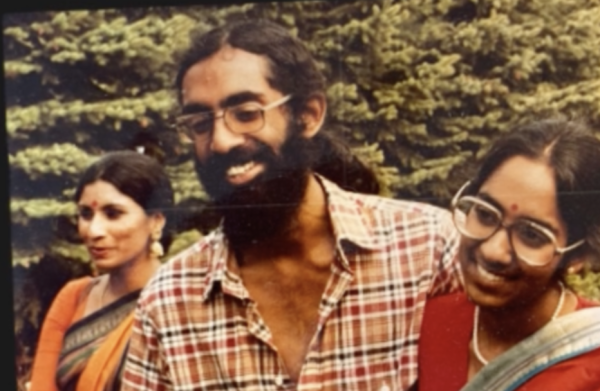
The Disappearance of Tom Kinser
In 1980, Tom Kinser, 19 years old, was reported as officially missing. In September 1981, nine months later, his body was found in a wooded area outside of State College.
Subu Vedam’s Arrest
In March of 1982, Subu Vedam was arrested. He was initially held on 19 charges not related to Kinser. His parents were out of the country on a sabbatical research year. Upon hearing of their son’s arrest, returned as soon as they could from Germany to provide Vedam with legal assistance.
By June, his parents had returned and found an attorney to represent him. However when they attempted to post bail, they were informed that their son was charged with first-degree murder without the option of bail. All the other charges were dropped.
Unfair Pretrial and Arrest
Despite living in State College since the age of nine months, Vedam was labeled as a “foreigner likely to flee” and was imprisoned without bail for about a year. This is a clear violation of his rights as a longtime, permanent resident.
The journalistic records indicate prejudicial pretrial publicity (Can be accessed through public records and offical transcripts). During both trials, the judge repeatedly denied motions for discovery, change of venue, expert witnesses, and prejudicial lines of questioning.
The first trial was held in Feb. 1983. It was overturned by the Pennsylvania State Superior Court, who had cited irregularities and inadmissible evidence, and was sent back to the same court for a retrial in 1988.
In the petition for post-conviction relief, the defense states that the evidence of the case that prosecuted Vedam was circumstantial (facts of the case are provided in the PDF, as well as Casetext).
At both trials, the prosecution’s theory was that a .25 caliber gun was used as the murder weapon. The defense argued against this, as they claimed that the coroner measurements doesn’t match the wound found on Kinser. In addition to this, the alleged murder weapon was never produced into evidence. The petition claims that the district attorney and FBI had specific ballistics information that could show that the prosecutor’s theory of the crime was not plausible, but that information was never shared with Vedam’s defense.
“Fair trial means that all of the materials related to a crime investigation should be available to both the defense and prosecution,” Saraswathi Vedam said “If we had known what they had, we would’ve been able to point out that the actual evidence does not match the prosecution’s story about the alleged murder weapon. We didn’t know at the time but now we realize they knew that and didn’t share that.”
The petition notes that the police department handling the case conducted several interviews during the investigation. However, transcripts of several of the interviews were not provided to the defense at the time of the initial trial. These interviews contained information from crucial witnesses of the case. The defense argues that content from the interviews would’ve been able to dispute and impeach these material witnesses. The current defense for Vedam includes Gopal Balachandran (Assistant Professor of Clinical Law, Penn State Law), David J. Freedman, and Michael Wiseman who specializes in Brady Violation Law. Comments haven been requested but not followed up.
The Centre County District Attorney’s Office commented to WJACTV denying the Vedam Defense’s legal claims claiming they’re meritless.
Where is Subu Vedam Now
Vedam has been serving a life sentence at the State Correctional Institute at Huntingdon for 42 years.
“I gave a commencement speech about him a few years ago. I talked about what it means to live an exemplary life. He has spent his life teaching others. This affects the community. Family. It affects everybody. My brother could do so much for the world. He’s so smart and so kind. He’s such a great mentor. He could do so much more outside than he can inside the building,” Saraswathi Vedam stated.
In prison, Vedam became a founding board member of the Prison Literacy Council. In cooperation with PSU, he had established a $21,171 grant from the National Institute of Corrections to fund national inmate literacy councils.
In 2014, only 1% of individuals incarcerated had or have a bachelor’s, graduate, or professional degree. However, he received two undergraduate and one graduate degree during his time incarcerated. Vedam is dedicated to offering counsel to his fellow inmates and has helped many of them to complete their GEDs and their undergraduate degrees and acquire parole applications.
What Can You Do
On July 22, there will be a hearing for the judge to hear an application for an evidentiary hearing on Vedam’s post-conviction relief or a new trial on the basis of a Brady Violation.
A Brady Violation is when the prosecutors on a criminal case fail to turn over evidence to the defense counsel for the people charged with a crime. A Brady Violation is a clear infringement of the Constitution under the 6th Amendment to a fair trial under due process.
Incarceration impacts families and communities. Saraswathi Vedam recalled, “He could not attend my wedding. He could not care for his aging parents. He could not be around when my children were born. My children, though, know him and adore him. They have a close relationship through phone and letters.”
Mary Gage, a longtime State College resident commented, “My late husband was a physics professor at the same time as Subu’s father, so I have been visiting Subu for more than 20 years. During that time, I have seen Subu make the best possible use of his years in prison by becoming a model prisoner. He’s not only got a Master’s degree in Business and taught many other prisoners, but he’s also respected by his prison guards. Since fresh evidence has now come to light, I think it is important for all of us that Subu has an evidentiary hearing, to reassure the whole community that justice has been done.
Professor of Mechanical Engineering at PSU, Anil K. Kulkarni, also states, “Centre County in the 1970’s was not the same as it is today. There were much fewer people who looked like me then, much less in law enforcement or in the justice system. Throughout the multiple hearings, I felt that there was a bias against people of color at that time. For example, during Subu’s trial, he was asked about his practice of yoga and meditation, which was used against his character as it was considered suspicious. Even in the prison ward, the prisoners were separated by race in the early 80’s. I did not expect the “justice” system would allow such practices.”
He continues, “Subu’s trial shook the Indian community in State College, as we believed that his innocence would prevail. Having known Subu and his family personally, that was an especially bitter experience for me. Before coming to America, my impression was that America was a nice mixture of people from various parts of the world who came here to pursue their dreams, and I still believe in many of those ideas. Subu’s case introduced a crack in my initial beliefs. I was not so naïve as to believe that any country was perfect in this aspect, and I realize that the Centre County has evolved a lot since then, but this personal experience left a bad taste in me.”
With awareness of how criminal justice works, it is important to establish change that ensures fairness across the board. The court needs to see that State College cares about this. Cares about truth and fair process, especially the integrity of the system.
“Now it’s come home to State College. That’s what I think young people should turn up for. To say that this matters to us. High school students, basically with your age, are the same age as the kids involved. This can happen to anybody. It should never happen again. This should never happened then. And now a wrong should be righted,” Saraswathi Vedam claimed “It’s bigger than my brother, it’s do we do the right thing. Even if mistakes are made. Do we do the right thing? Everyone deserves a fair trial.”
More than a quarter of inmates (specially charged with a misdemeanor) had no attorney. More than half used public counsel. A fair trial means fair access to defense and full access to the evidence being used against them. The legal system, as it is to be known, is meant to ensure justice and fairness. The biggest takeaway of this case is to ensure that that right is to be protected under the constitution and upheld by those in a local community.
Saraswathi Vedam makes clear that, “ Like any small town, there are multiple generations of people who are affected, including the boy who died and his family and community involved. It’s really important to mention that there are two tragedies that happened. Tom Kinser, he wasn’t expecting, certainly, to die or disappear. It’s a terrible tragedy what happened to him. The police and prosecution should be out there saying, ‘Oh my gosh we got this wrong. Let’s go figure out what happened.’ Remember, this is not just justice for my brother, justice for Tom Kinser.”

